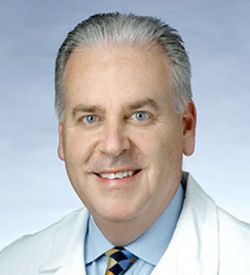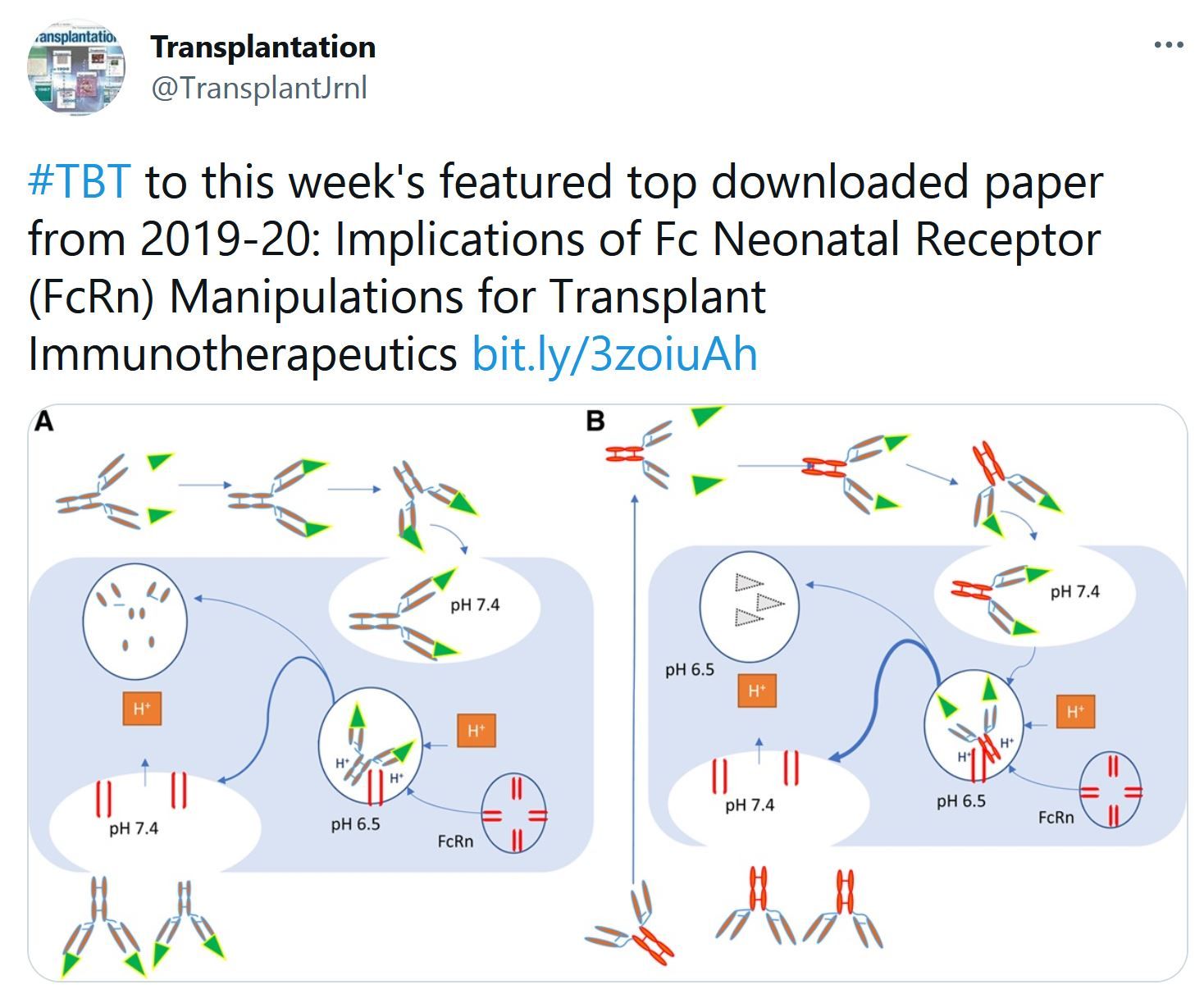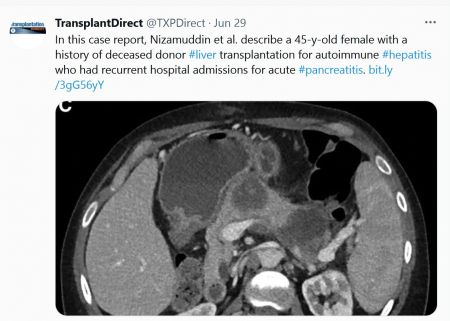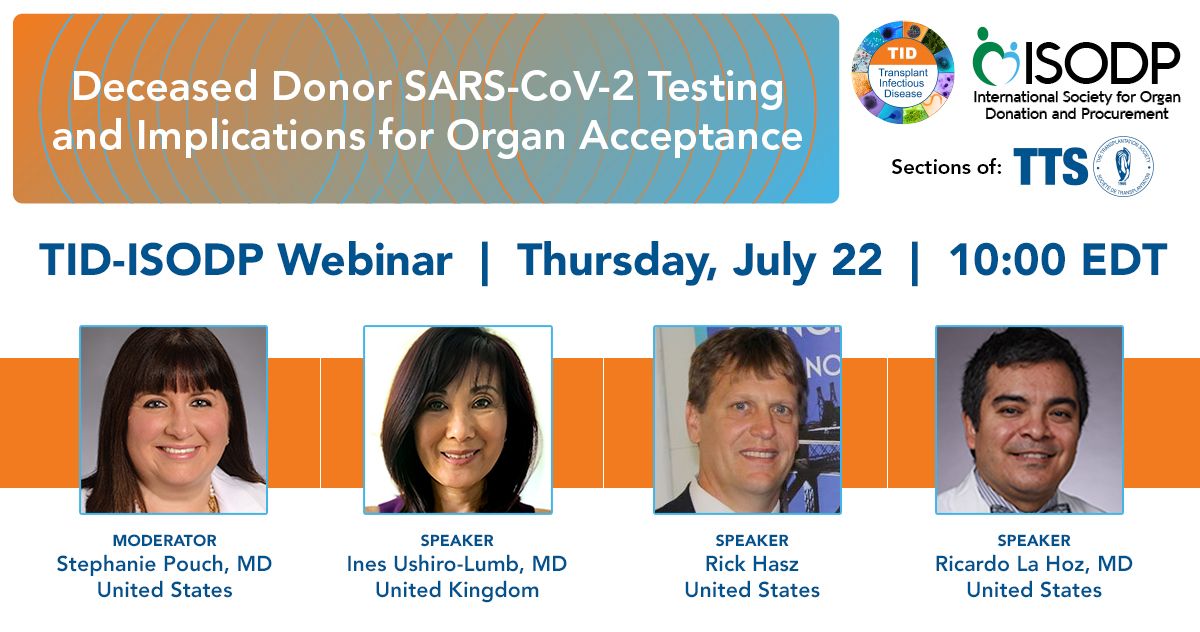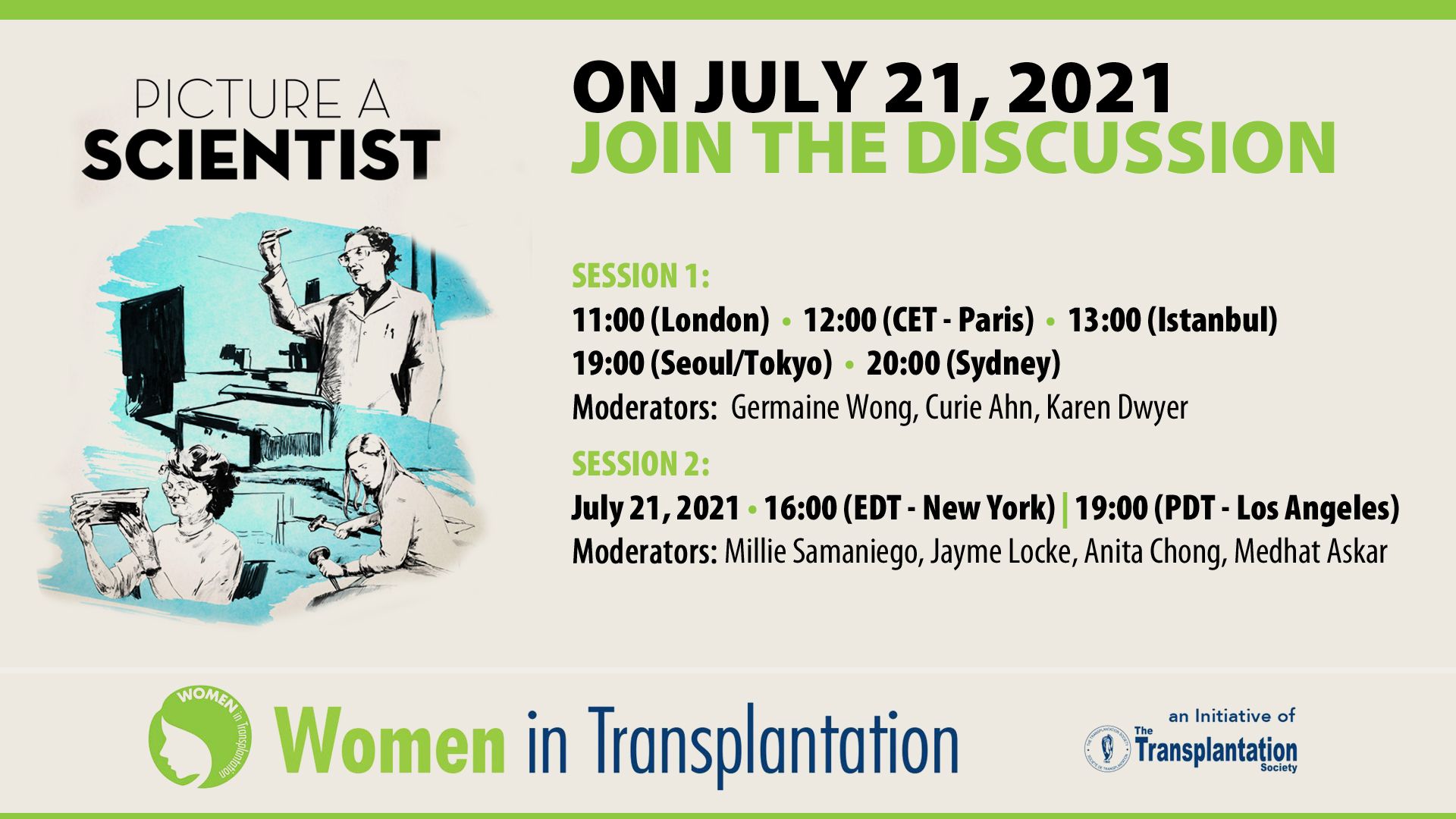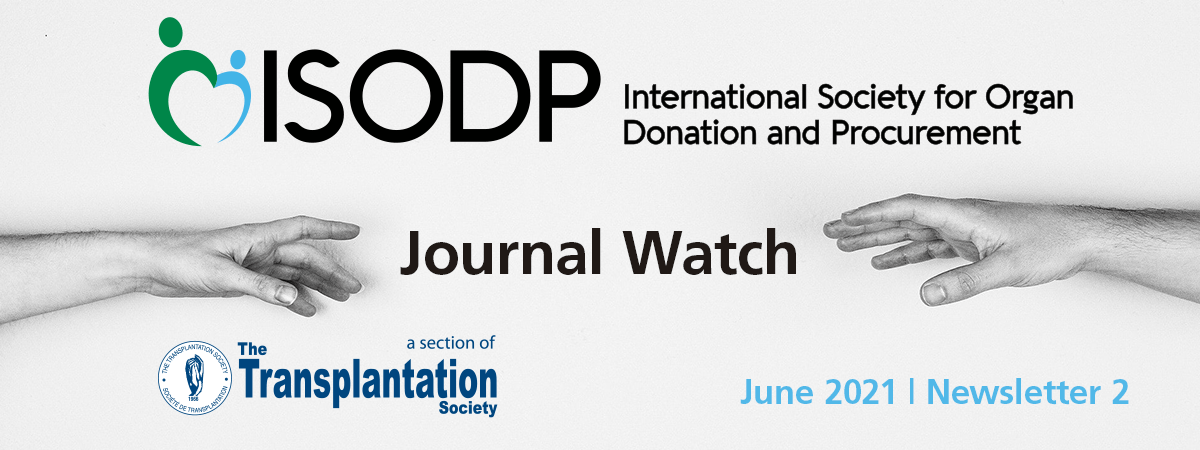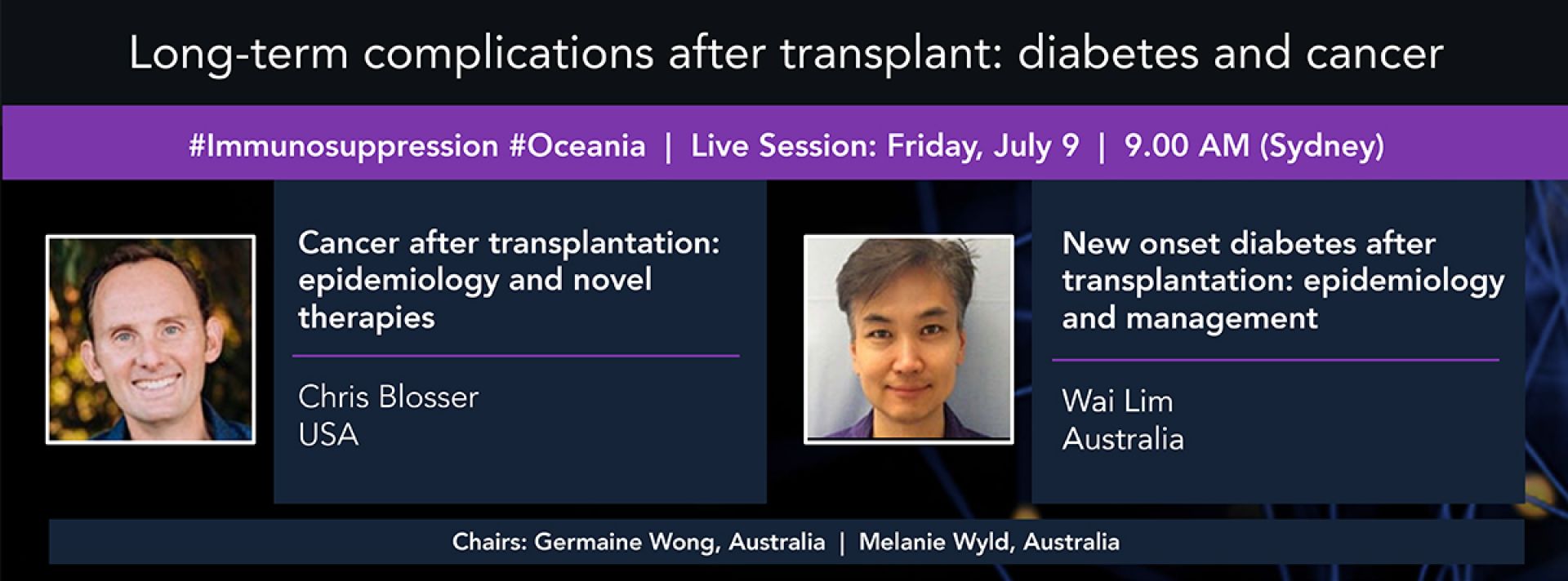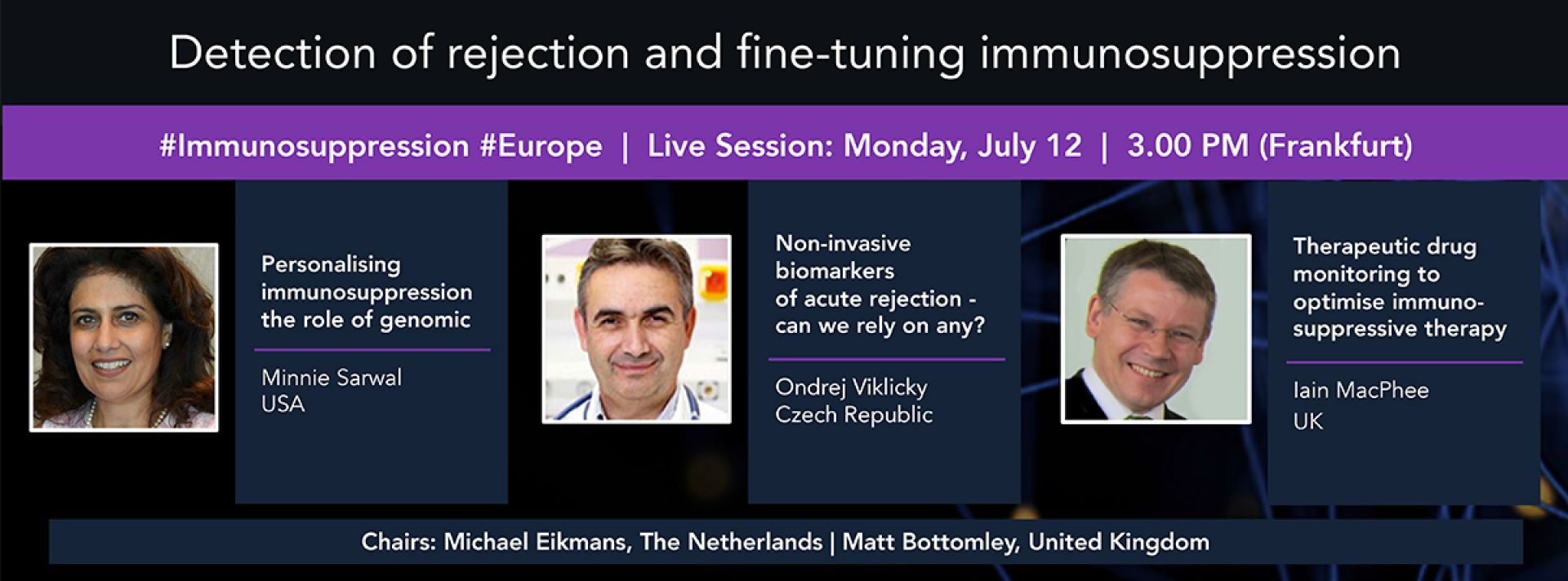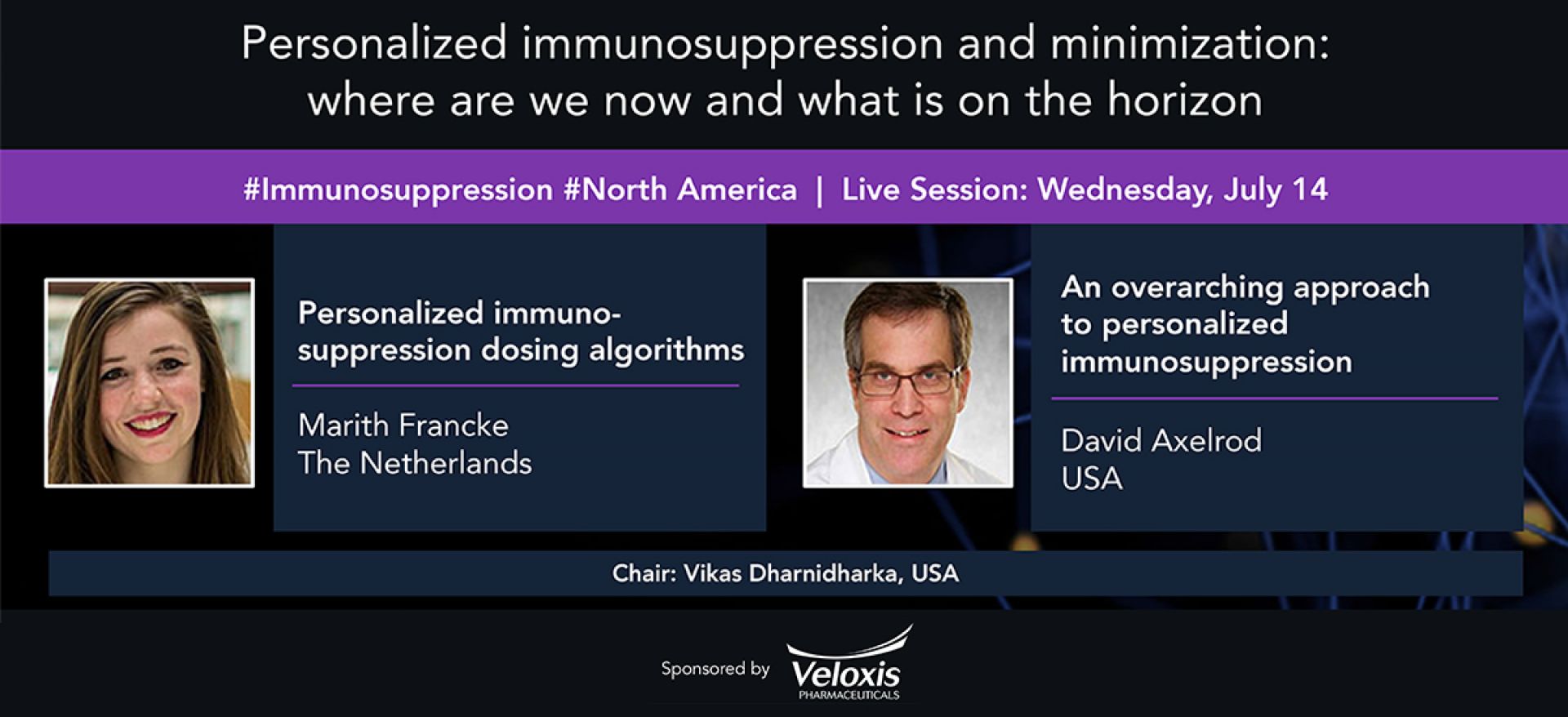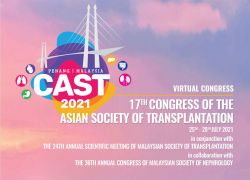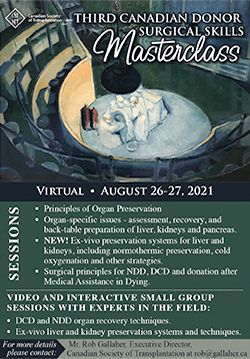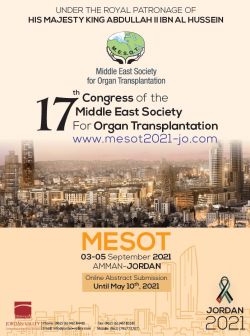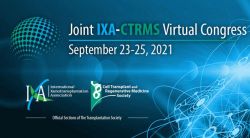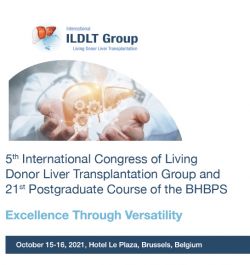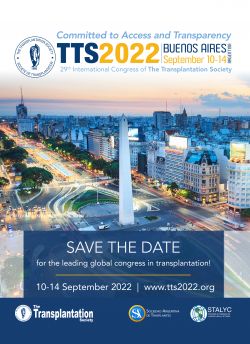
The International Society of Uterus Transplantation joins TTS as an Official Section
We are delighted to announce that the International Society of Uterus Transplantation (ISUTx) will be joining The Transplantation Society as its tenth official Section.
This is a significant milestone for both organizations. The pioneering field of uterus transplantation offers many challenges to those involved, and, as with all TTS Sections, TTS is committed to providing ISUTx the support it needs to address these challenges, while gaining expertise and insight in a critical field which has been underrepresented in TTS.
We believe that this partnership will be mutually beneficial to both Societies, and we look forward to collaborating on various projects, meetings and initiatives. We eagerly anticipate working together to share knowledge and experiences to benefit the members of both Societies. Over the coming months, we will explore opportunities and elaborate plans to create synergies between our Societies. This partnership is an exciting opportunity for all of us, and we look forward to our growing collaboration.
If you would like to know more about the Section, please reach out to Katie Tait, our Section Manager at TTS (katie.tait@tts.org).
For more information on becoming a member of ISUTx, please contact Jennifer Varga, TTS Membership Coordinator (membership@tts.org).
Transplantation Direct July 2021 Issue
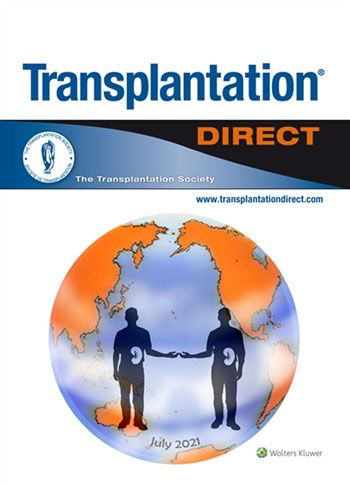
JUST RELEASED - TRANSPLANTATION DIRECT - JULY ISSUE
The July issue of Transplantation Direct is online. We have a number of articles related to kidney transplantation, including an analysis of how different types of allograft inflammation (biopsy) influence outcome, and on how induction therapy choice effects outcomes based on recipient age. Donor tubular cell loss is evaluated as a predictor of DGF, and combined urine microRNA and chemokine profiling is used to determine transplant rejection. There is a report on the reliability of interrater scoring of Karnofsky Performance Status (frailty) in waitlisted patients, and on a comprehensive characterization of cholesterol embolization syndrome as a cause of transplant failure. On the topic of COVID-19, there is an interesting survey supported by the National Kidney Foundation on attitudes of U.S. kidney transplant recipients regarding SARS-Cov-2 vaccination. Turning to other organ transplants, machine perfusion is tested in a combined human liver and lung transplant using organs from a DCD donor, and experimentally, whole blood is used in a pig DCD model studying particularly effects on the metabolic profile. Also in liver transplantation, there is an investigation of root causes of death in cases of portopulmonary hypertension, and results from a prospective randomized trial looking at the effects of everolimus on kidney function are presented. Another study reports on how HLA-DR matching and immunosuppression choice in patients of the Black race are associated with recurrence of autoimmune hepatitis post-liver transplantation. Encouraging results are also presented on liver transplant recipients co-infected with HIV and HCV in the current era of DAA therapy. Please visit our open access Transplantation Direct website for full details.

Highlighted Tweets
Local time (Corresponding local time at your current location)
ISODP Journal Watch - Issue 2 - July 2021
TTS Masterclasses: Immunosuppression Series July 9, 12 & 14
Contact
Address
The Transplantation Society
International Headquarters
740 Notre-Dame Ouest
Suite 1245
Montréal, QC, H3C 3X6
Canada
Используйте Вавада казино для игры с бонусом — активируйте промокод и начните выигрывать уже сегодня!




